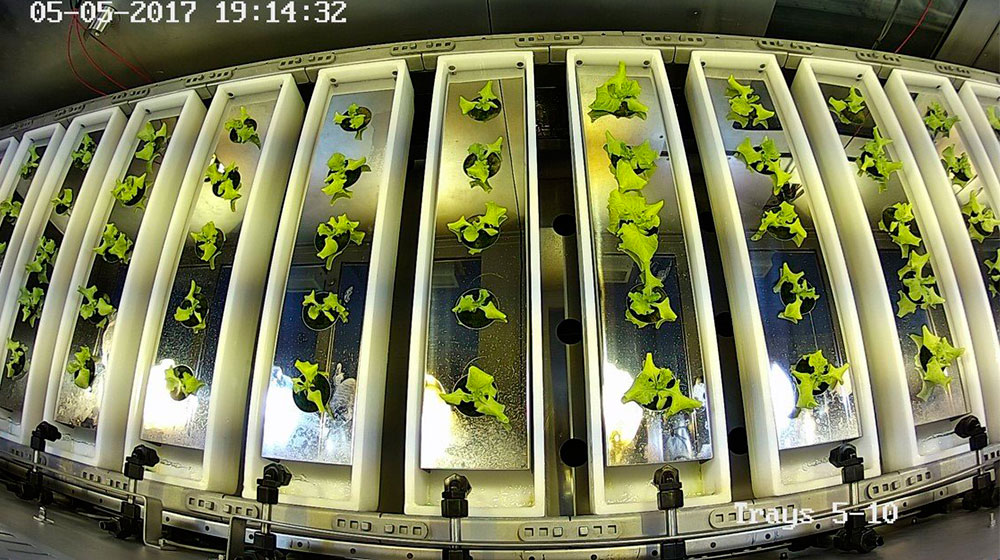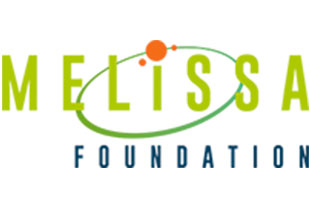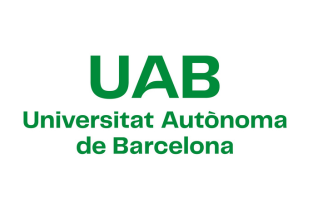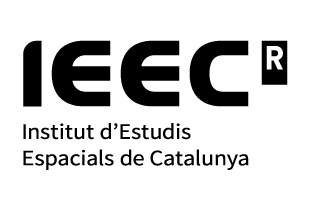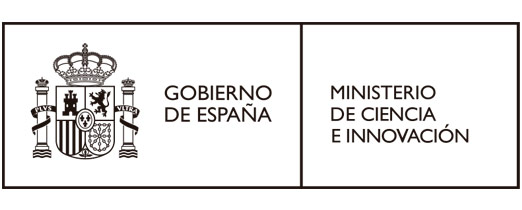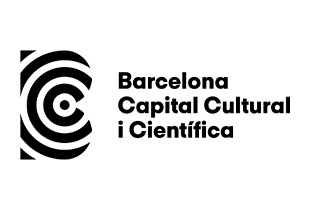Mars
Francesc Gòdia
The MELiSSA project: Life in Space
Courses and workshops
Free with pre-booking
How is the success of long-term space missions ensured? Francesc Gòdia, director of the MELiSSA project, tells us how science addresses this huge challenge and presents a unique laboratory in Europe that investigates life support for astronauts on space exploration missions.
Scientific reporting on space missions often speaks about advances in the development of the robots and spacecraft that we send into space in our quest to explore the galaxy. But in addition to these great devices, there are many other crucial aspects that have to be designed and tested to ensure the success of the missions.
Having crews of astronauts on long-term space missions, to Mars for example, means having the necessary technologies to provide life support: drinking, eating, breathing, controlling the atmosphere, recovering water and treating waste to create a self-sufficient, sustainable habitat. How is it all done?
MELiSSA is the name of a unique laboratory in Europe, based at the Universitat Autònoma de Barcelona and coordinated by the European Space Agency. It is a pilot plant that has been devoted for over ten years to designing technology that maintains human life on long-term space missions.
Participants: Francesc Gòdia
This activity is part of Mars
